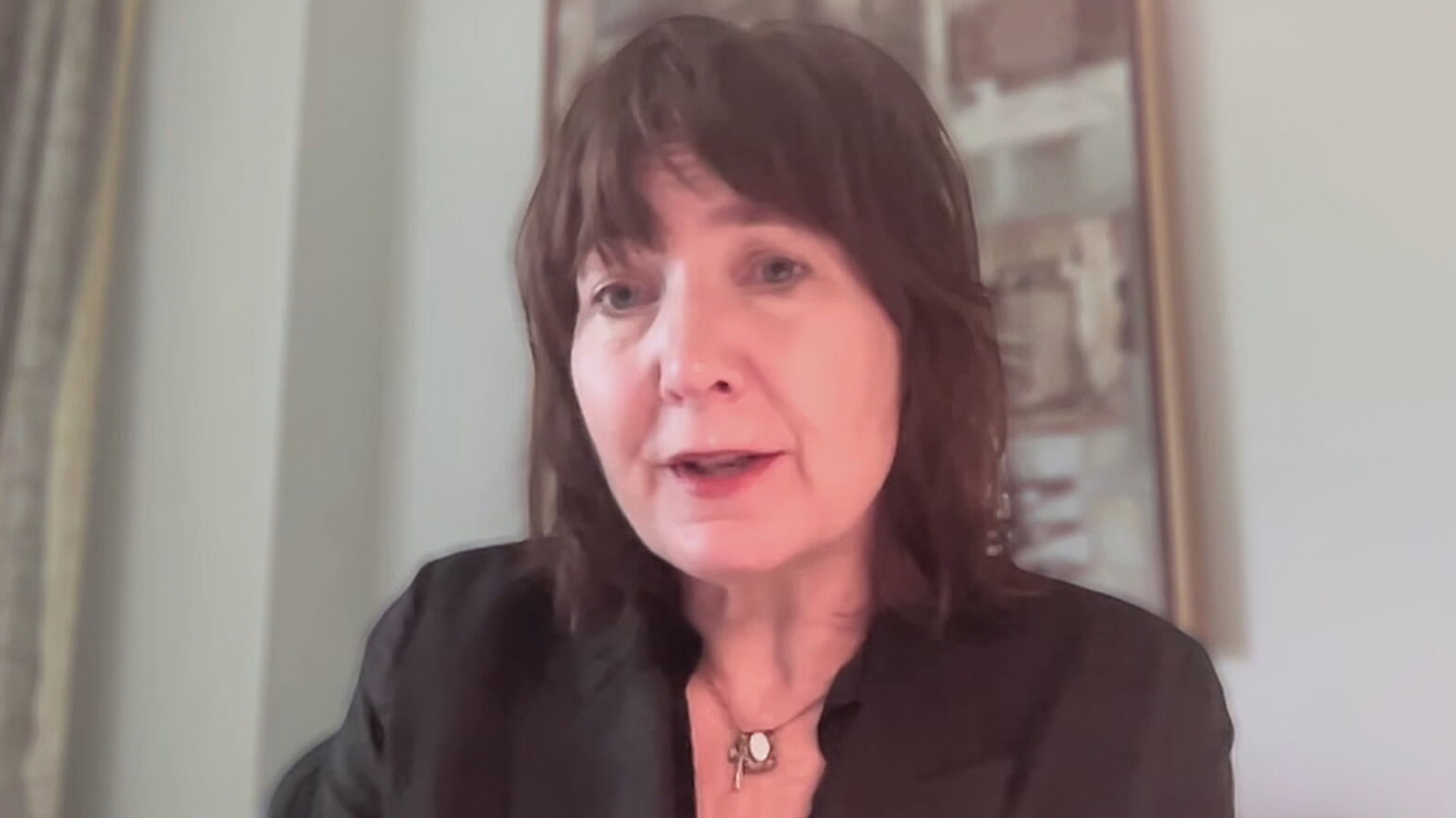Washington Welcomes Kurdistan Delegation as Strategic Partner, Says Gulf States Expert
Beyond energy, she emphasized that U.S. officials value the Kurdistan Region’s political diversity, religious tolerance, and democratic institutions. “America attaches great importance to the protection of Kurdistan’s pluralism and freedoms,” she said.

ERBIL (Kurdistan24) — A senior analyst at the Arab Gulf States Institute in Washington (AGSIW) stated that the United States welcomed the Kurdistan Region's delegation as a partner, reaffirming the significance of the strong ties between Washington and Erbil.
Kristin Diwan, a senior resident scholar at AGSIW, told Kurdistan24 on Saturday that Prime Minister Masrour Barzani’s recent visit to the U.S. capital was “very successful,” emphasizing that American officials received the Kurdistan delegation as “a partner.”
“The visit was met with a high level of respect and attention,” Diwan said, adding that “Kurds enjoy a strong relationship with the U.S., and it’s clear they are seen as a reliable and strategic partner in Washington.”
She further noted that the Kurdistan Region’s energy potential is a key asset in the current U.S. geopolitical calculus, particularly as Washington increasingly prioritizes energy and trade relations since the Trump administration.
“Energy is now one of the central pillars of U.S. regional engagement, and it is important that the Kurdistan Region positions itself as a reliable source of energy for the broader region,” Diwan added.
Beyond energy, she emphasized that U.S. officials value the Kurdistan Region’s political diversity, religious tolerance, and democratic institutions. “America attaches great importance to the protection of Kurdistan’s pluralism and freedoms,” she said. “This makes the Region not only a strategic partner but also a potential model in the Middle East.”
The Kurdistan Region has long held a unique status within U.S. foreign policy in the Middle East. Since the 1990s no-fly zone and post-2003 reconstruction of Iraq, Kurdish leaders have built enduring ties with both Republican and Democratic administrations. These relationships span defense cooperation, counterterrorism, humanitarian relief, and economic investment.
Prime Minister Masrour Barzani’s latest trip to Washington included meetings with U.S. lawmakers, think tank representatives, and executive branch officials, where he advocated for enhanced bilateral cooperation in energy, trade, and security. Diwan’s remarks reflect the broader sentiment among U.S. policymakers that the Kurdistan Region remains a stabilizing force in Iraq and the wider region.
As the Middle East continues to face shifting alliances, regional conflicts, and energy transitions, the U.S.-Kurdistan partnership is viewed as one of Washington’s few consistent relationships—anchored in shared strategic interests and mutual respect.